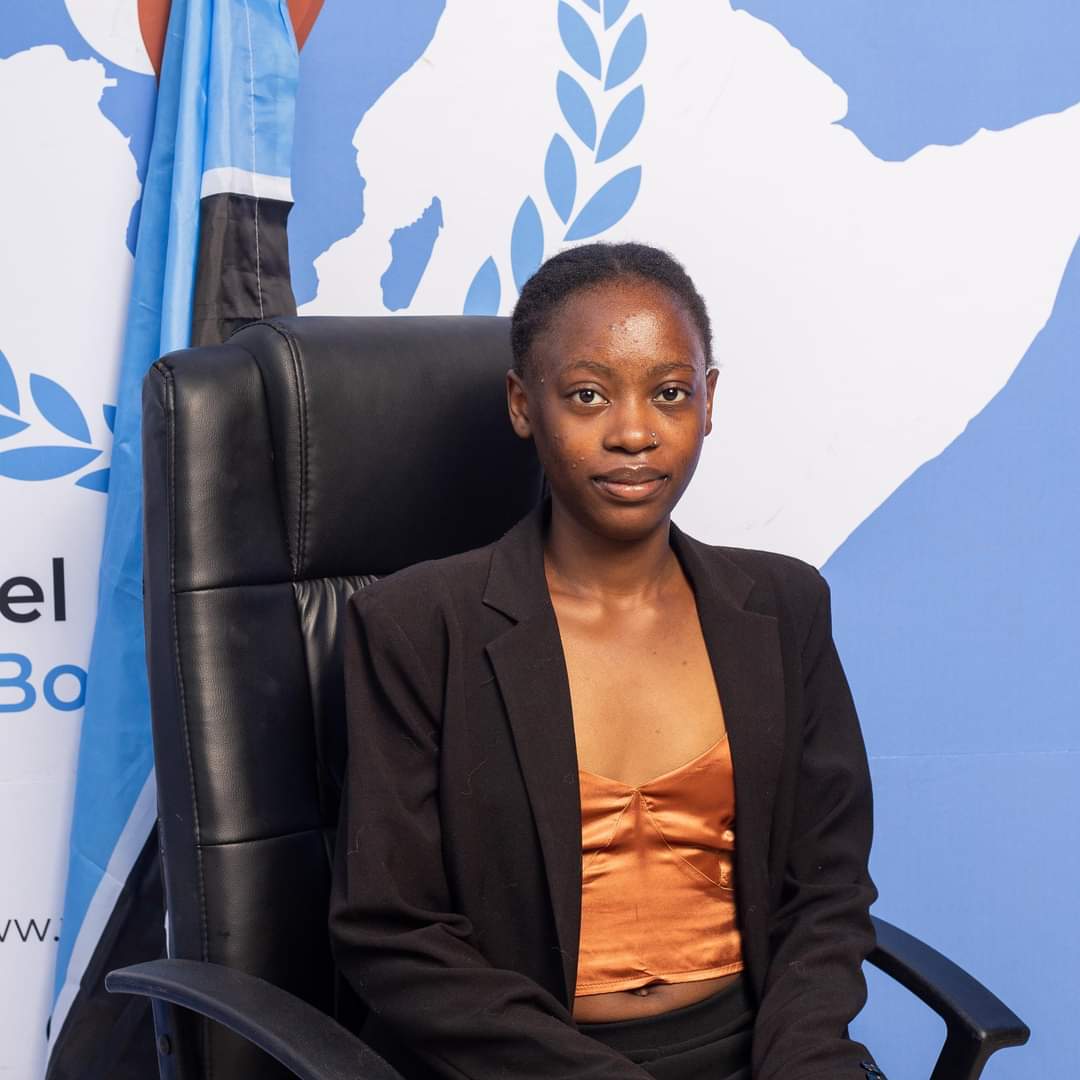Despite ongoing efforts to promote gender equality and empower women in Botswana’s political arena, significant barriers continue to impede young women from effectively participating in leadership roles. This persistent issue has led to a noticeable underrepresentation of women in Botswana’s political landscape, posing challenges to achieving inclusive governance and equitable decision-making processes.
Challenges to Women’s Participation in Politics
In Botswana, as in many parts of the world, women face multifaceted challenges that deter their engagement in politics and leadership. These challenges include cultural norms and stereotypes that limit women’s roles to domestic spheres, lack of access to education and resources, discriminatory practices within political parties, and societal perceptions of women’s capabilities in leadership positions.
Underrepresentation in Botswana’s Political Landscape
The underrepresentation of women in Botswana’s political institutions is a critical issue that hampers the country’s progress towards gender equality and inclusive governance. Despite efforts to increase women’s participation, such as gender quotas and awareness campaigns, the proportion of women in parliament and other decision-making bodies remains disproportionately low.
The Role of the Model Parliament Initiative
Amidst these challenges, initiatives like the Model Parliament play a pivotal role in empowering Batswana women to actively participate in politics and aspire to leadership positions. The Model Parliament initiative provides a simulated legislative environment where young women can learn about parliamentary procedures, debate pressing issues, and develop essential leadership skills.
Empowering Women through Education and Advocacy
Education and advocacy are crucial components of the Model Parliament initiative. By educating young women about political processes, rights, and responsibilities, the initiative equips them with the knowledge and confidence to engage meaningfully in political discourse. Moreover, advocacy efforts seek to challenge existing norms and stereotypes, promoting a more inclusive and supportive environment for women in politics.
Achieving Sustainable Change
To achieve sustainable change in Botswana’s political landscape, concerted efforts are needed to dismantle systemic barriers and create opportunities for women’s meaningful participation. This includes strengthening support networks, enhancing leadership training programs, advocating for policy reforms that promote gender equality, and fostering a culture that values women’s contributions in governance.
In conclusion, while challenges persist, initiatives like the Model Parliament demonstrate the potential to empower Batswana women and pave the way for greater gender equality in politics. By equipping young women with the skills, knowledge, and confidence to participate in leadership roles, Botswana can foster a more inclusive and representative political system. Moving forward, continued collaboration between government, civil society, and the private sector will be essential in advancing women’s rights and achieving equitable decision-making processes that benefit all sectors of society.










